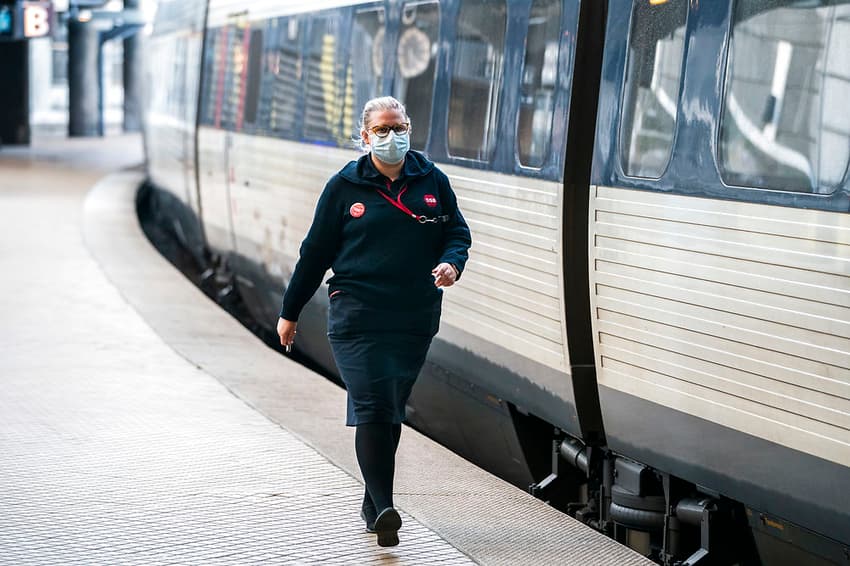Denmark signals billion-kroner spending on new electric trains

Danish state-owned rail operator DSB is to purchase 100 electric trains at a cost of around 20 billion kroner, including maintenance costs.
French company Alstom has won the contract to supply the trains to Denmark, DSB and transport minister Benny Engelbrecht said at a briefing on Monday.
The contract includes the option to purchase over the initial agreement for 100 trains. DSB said it expected to eventually receive 150 locomotives.
The electric trains are expected to begin operating on Denmark’s railways from 2024.
The deal comes as a result of a 2018 political which secured the replacement of the older IC4 trains, which have been the cause of a number of technical challenges during their time in service for DSB.
Ole Birk Olesen, the former transport minister who was in the post when the 2018 deal was agreed, said he does not expect such challenges with the new trains.
“Two things will make sure we avoid problems. The people who are supplying the trains are also responsible for maintenance,” Olesen said.
“That bill will not end up in the hands of Danish taxpayers. The other thing is that these are trains which already run in Europe and which have proved to be stable,” he added.
DSB has confirmed that two new maintenance centres will be built for servicing and repairing the new trains. The two workshops will be located in Copenhagen and Aarhus.
Engelbrecht noted at the briefing that the trains, which are of the type Coradia Stream, accelerate faster and have a higher top speed than the IC4 machines.
The top speed of the Coradia Stream is 200 kilometres per hour.
READ ALSO: Danish rail company reintroduces seat reservation rule
Comments
See Also
French company Alstom has won the contract to supply the trains to Denmark, DSB and transport minister Benny Engelbrecht said at a briefing on Monday.
The contract includes the option to purchase over the initial agreement for 100 trains. DSB said it expected to eventually receive 150 locomotives.
The electric trains are expected to begin operating on Denmark’s railways from 2024.
The deal comes as a result of a 2018 political which secured the replacement of the older IC4 trains, which have been the cause of a number of technical challenges during their time in service for DSB.
Ole Birk Olesen, the former transport minister who was in the post when the 2018 deal was agreed, said he does not expect such challenges with the new trains.
“Two things will make sure we avoid problems. The people who are supplying the trains are also responsible for maintenance,” Olesen said.
“That bill will not end up in the hands of Danish taxpayers. The other thing is that these are trains which already run in Europe and which have proved to be stable,” he added.
DSB has confirmed that two new maintenance centres will be built for servicing and repairing the new trains. The two workshops will be located in Copenhagen and Aarhus.
Engelbrecht noted at the briefing that the trains, which are of the type Coradia Stream, accelerate faster and have a higher top speed than the IC4 machines.
The top speed of the Coradia Stream is 200 kilometres per hour.
READ ALSO: Danish rail company reintroduces seat reservation rule
Join the conversation in our comments section below. Share your own views and experience and if you have a question or suggestion for our journalists then email us at [email protected].
Please keep comments civil, constructive and on topic – and make sure to read our terms of use before getting involved.
Please log in here to leave a comment.